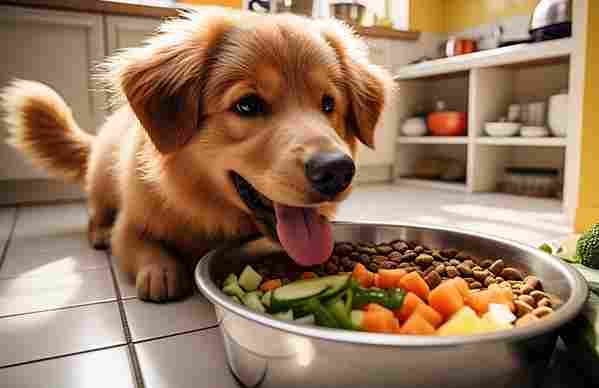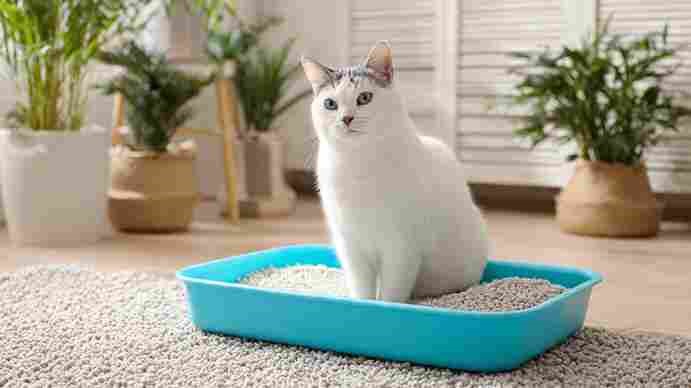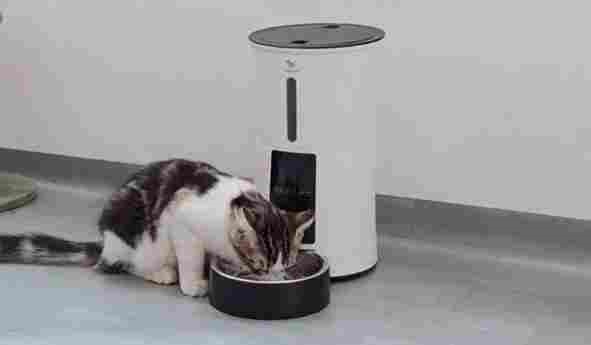What is a healthy diet plan for dogs?
It includes a perfectly balanced combination of protein, fats, carbohydrates, vitamins as well as minerals. The food should be appropriate to the age, controlled in quantity, and prepared using quality ingredients suggested by a veterinarian.
Table of Contents
Quick Summary: Dog Healthy Diet Plan
🥩 Protein-rich dog food must include meat along with fish and plant-based sources to meet their nutritional requirements.
🥦 Balanced energy and proper digestion require including vegetables alongside grains in the dog food.
🚫 Dog owners must avoid feeding their pets chocolate as well as onions and cooked bones which pose health risks.
🧪 Check for AAFCO or vet-approved labels on commercial food.
Your dog’s dietary needs require adjustments based on their age and size together with their current health status
Why Does a Dog Need a Healthy Diet Plan?
A well-balanced diet maintains your dog’s healthy skin while providing a shiny coat appearance.
Healthy muscles and bones receive adequate support from a properly balanced diet.
The right diet enhances both your dog’s energy levels and immune system performance.
Eating the proper food helps avoid weight problems as well as diabetes and digestive complications.
The American Kennel Club (AKC) reports that more than half of all U.S. dogs suffer from being overweight because of improper diets and insufficient physical activity. (source)
🥗 What Should a Dog’s Daily Diet Include?
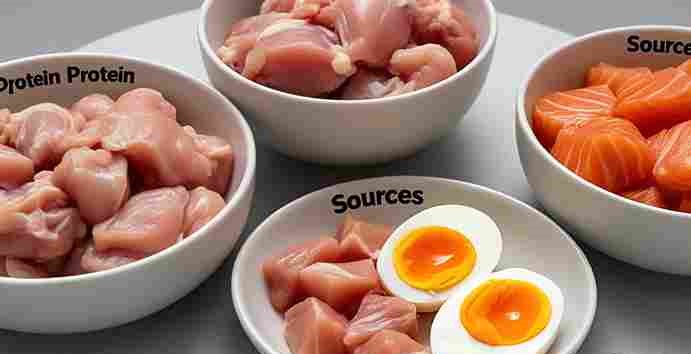
🥩 1. Protein (Main Building Block)
- Chicken, beef, lamb, fish, turkey, or eggs
- Plant proteins like lentils (for some dogs)
- Ideal for muscle development and energy
Vet Tip: Adult dogs need about 18–25% protein in their daily diet ( PetMD).
🥦 2. Vegetables and Fruits (Fiber + Nutrients)
- Carrots, green beans, spinach, apples, blueberries
- Support digestion, immunity, and overall health
- Feed raw or lightly steamed (never seasoned)
🌾 3. Carbohydrates (Energy Boosters)
- Brown rice, oats, barley, quinoa
- Fuel your dog’s daily activities and brain power
🧈 4. Fats (Healthy Skin & Brain)
- Omega-3 & 6 fatty acids from fish oil or flaxseed
- Support coat health, brain function, and energy
💊 5. Vitamins & Minerals
- From high-quality kibble or added supplements
- Important for bones, teeth, nerves, and immune system
🐕 Best Dog Diet Plan by Life Stage
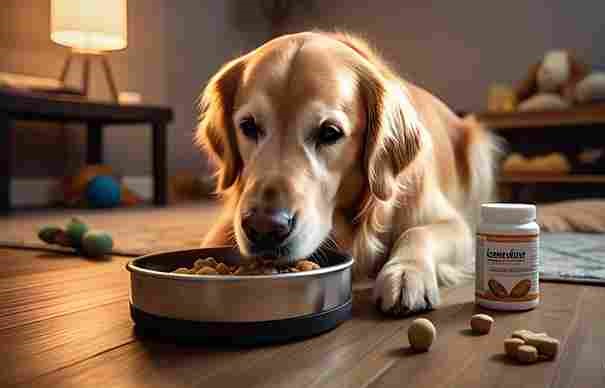
🐶 Puppies (Under 1 Year)
- High-protein, calcium-rich foods
- 3–4 small meals daily
- DHA for brain development
🦴 Adult Dogs (1–7 Years)
- A balanced diet with fewer calories
- Twice-a-day meals
- Tailor based on breed and energy levels
🐾 Senior Dogs (7+ Years)
- Lower fat and calories
- Joint-supporting supplements like glucosamine
- Easily digestible foods
🍽️ Sample Daily Dog Diet Plan (Medium Breed, 30–50 lbs)
| Time | Meal Suggestions |
|---|---|
| Morning | 1 cup high-quality dry kibble + 1 tbsp fish oil |
| Noon (optional) | Small carrot or ½ apple as treat |
| Evening | 1 cup dry or wet food + 2 tbsp cooked veggies |
| Water | Fresh water all day long! 💧 |
❌ Foods to Avoid in a Dog’s Diet
Keep your pup safe by skipping these common human foods:
- Chocolate 🍫
- Grapes and raisins 🍇
- Onions and garlic 🧅
- Cooked bones 🍖
- Alcohol or caffeine ☕
- Raw dough or yeast
ASPCA Poison Control offers a 24/7 helpline for food-related emergencies.
🛒 How to Choose the Right Commercial Dog Food
- ✅ Look for AAFCO (Association of American Feed Control Officials) label
- ✅ Match food with dog’s size, breed, and age
- ✅ Pick named meats (“chicken” instead of “meat meal”)
- ❌ Avoid artificial colors and preservatives
🌍 GEO Tip: Adjust Dog Diet by Region and Climate
- Hot Regions (like Pakistan, and India): Use hydrating foods (e.g., cucumbers, watermelon) and avoid heavy fats in summer.
- Cold Regions: A slightly higher fat and calorie intake is necessary to support energy in chilly climates.
🧠 FAQs: Dog Healthy Diet Plan
1. How much food should I feed my dog daily?
Depends on age, weight, and activity level. Most medium dogs need 2–3 cups of kibble daily. Ask your vet for exact amounts.
2. Can I feed my dog homemade food?
Yes, but consult your vet or canine nutritionist to ensure it’s balanced.
3. Are grains bad for dogs?
No. Unless allergic, grains like oats or brown rice are excellent sources of energy.
4. Should I switch foods regularly?
No need unless there’s an allergy or medical reason. Always transition slowly over 7 days.
5. How do I know if my dog’s diet is working?
A shiny coat, healthy weight, good energy, and firm stools are all positive signs.

Karim Kaifi is an experienced pet owner and writer. He shares practical, research-backed advice based on over 10 years of caring for cats and dogs.
